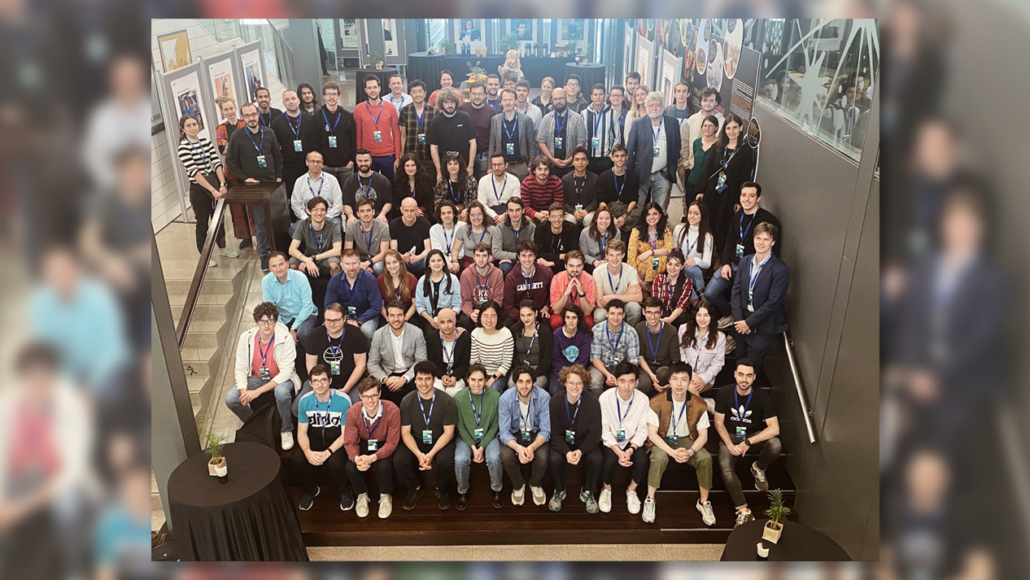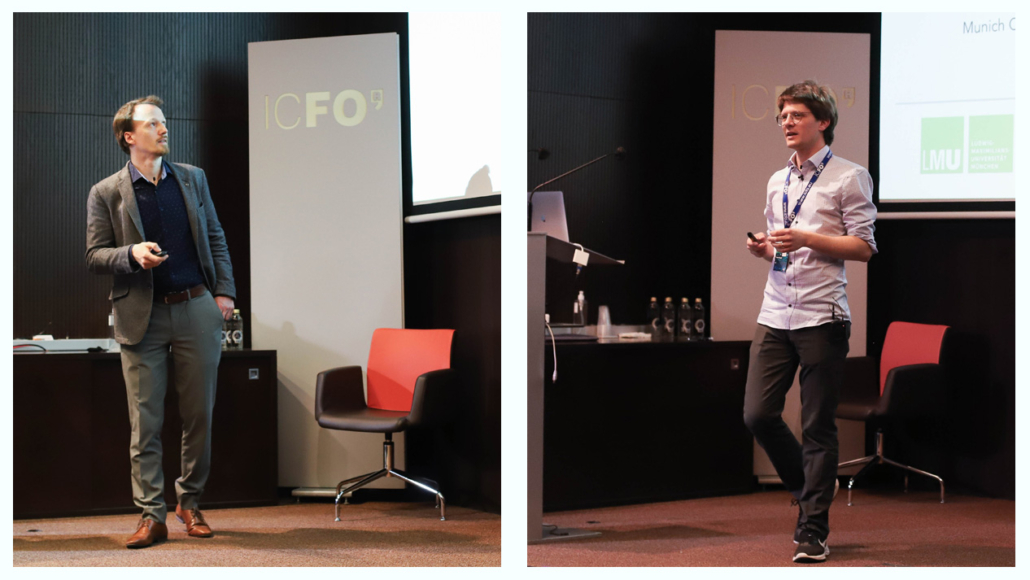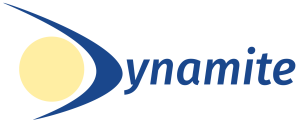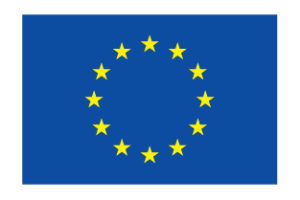Dynamite team members at the Spring School on Open-Source Tools for Quantum Computing & Simulation
Several partners of the Dynamite project participated in the Spring School on Open-Source Tools for Quantum Computing & Simulation, which took place from March 29th to 31st. ICFO organized the event, and IBM Quantum sponsored it within the framework of the DigiQ – Digitally Enhanced Quantum Technology Master.
Summer School Advances Quantum Computing & Simulations Research
The school targeted Master’s students, PhD students, and researchers interested in familiarizing themselves with the use of these tools in a cutting-edge research environment.
Researchers from ICFO and IBM Quantum led a 2-day hands-on workshop as part of the event program, introducing students and researchers to several open-source tools and their application in cutting-edge research. A 1-day symposium with invited speakers from institutions like CERN, ICFO, IBM Quantum, and Harvard followed the workshop, where they shared their latest research results.
The school was meant to cover both theoretical aspects and practical tools to build the adequate knowledge needed for moving towards the first steps of a career in Quantum Computing & Simulations.

ICFO Summer School Showcases Quantum Expertise from Leading Dynamite Project Researchers
Maciej Lewenstein and Leticia Tarruell, both ICREA professors at ICFO and Dynamite project partners, not only contributed their expertise but also played a crucial role in serving on the School’s organization committee.
Furthermore, other Dynamite project partners actively participated in the School, further enriching the experience for all involved. For instance, Philipp Hauke, a professor from the University of Trento, and Fabian Grusdt, a professor from Ludwig-Maximilians-Universität München (LMU), both delivered insightful presentations during the symposium on March 31st.
In addition to their organizational roles, Hauke’s talk, titled “Quantum computing and simulation from entanglement as a resource to sampling of polymer melts” provided a detailed analysis of recent examples highlighting the crucial physics aspects that are propelling advancements in quantum computing hardware and software. Furthermore, Grusdt’s talk, titled “Quantum simulation frontier: The case of correlated topological matter” offered a comprehensive discussion on the current state-of-the-art in quantum simulation, particularly through an insightful case study focusing on synthetic gauge fields and topological states of matter.

The school ran for three days, with 72 participants registered for the workshop and 82 registered for the symposium. The event served as a pilot activity within the framework of the DigiQ – Digitally Enhanced Quantum Technology Master, a new European initiative that the University of Aarhus coordinates and the European Commission’s Digital Europe Programme finances.

 This project was funded within the QuantERA II Programme that has received funding from the European Union’s Horizon 2020 research and innovation programme under Grant Agreement No 101017733
This project was funded within the QuantERA II Programme that has received funding from the European Union’s Horizon 2020 research and innovation programme under Grant Agreement No 101017733
